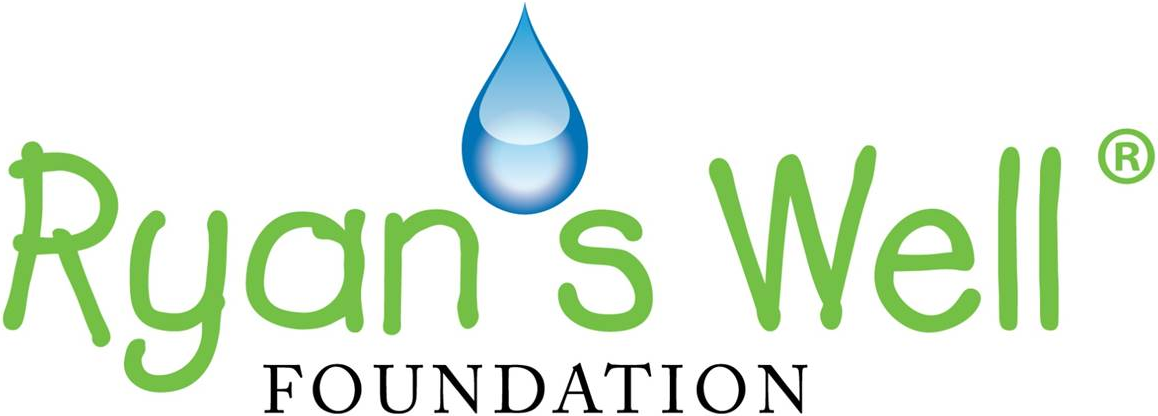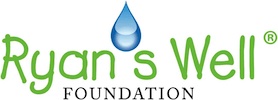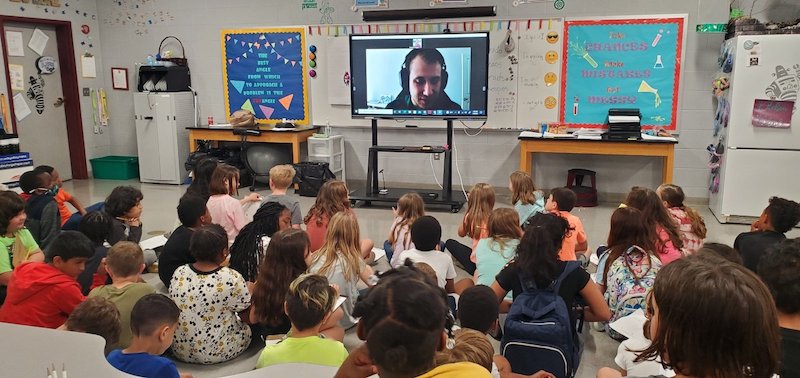ABOUT RYAN HRELJAC
- Ryan Hreljac began raising funds at age 6 to provide clean water to developing countries when he first learned of the problem in 1998, during a lesson in his grade 1 class. His story quickly went viral and Ryan was featured by international media (Oprah, Dr. Wayne Dyer, recently appearing on CNN Young Heroes show with Kelly Ripa & Anderson Cooper). A story in Reader’s Digest Canada is a detailed account of Ryan’s journey. Here’s a link to RWF 20th Anniversaryth memories, including Ryan’s journey with Oprah.
- Ryan has received many awards. He is the youngest ever recipient of the Order of Ontario.
- As Executive Director of Ryan’s Well Foundation, Ryan continues his passion for clean water. He still lives in Kemptville, Ontario. He continues to speak internationally and to school classes around the world via Zoom.
ABOUT RWF
- 1,767 water projects, 1,322 latrines, 1.5 million people given access to clean water
- Top (5-Star) rating and one of Canada’s Top 100 Charities (CharityIntelligence.ca)
- Small operation of 4 staff members, overseen by Board of Directors.
- In 2022, the team conducted the first monitoring trip to Uganda in 3 years (since the pandemic), and in January 2023, visited Ghana. The team visited over 57 sites in early 2024, travelling to both Uganda and Ghana.
- Variety of water-providing projects including deep wells and protected springs.
- Work with experienced partners in developing countries: DivineAID and RWIDF (Uganda) and DONA
( Dawn of a New Age - Ghana)
THE WATER CRISIS
- 2 billion people worldwide lack access to clean water and basic sanitation.
- Drinking water in rural African communities frequently carries water-borne diseases, including cholera, dysentery, and diarrhea. These diseases are caused by lack of proper sanitation and hygiene. Millions of men, women and children die each year.
EMPOWERING WOMEN AND GIRLS
- The burden of collecting water disproportionately falls to women and girls. With a nearby water source, women have more time and opportunity to pursue an education, care for their families, and generate income, helping to break the cycle of poverty realize their full potential.
- Lack of adequate sanitation facilities for girls reaching puberty makes them more likely
to miss school than boys. - Access to clean latrines ensures that women and girls are able to wash and dispose of their menstrual products safely, privately, and with dignity, meaning that they can continue to go to school and work uninterrupted.
- Access to clean water not only improves health, but increases participation in education and promotes gender equality.
WASH (Water, Sanitation and Hygiene) for SUSTAINABILITY
- Benefits of clean water are null if hygiene and sanitation measures are not in place.
- WASH training may circumvent spread of diseases, such as malaria, HIV/AIDS, and tuberculosis.
- WASH training includes educating/empowering communities on how to manage and maintain their own water sources, making the sources more sustainable


